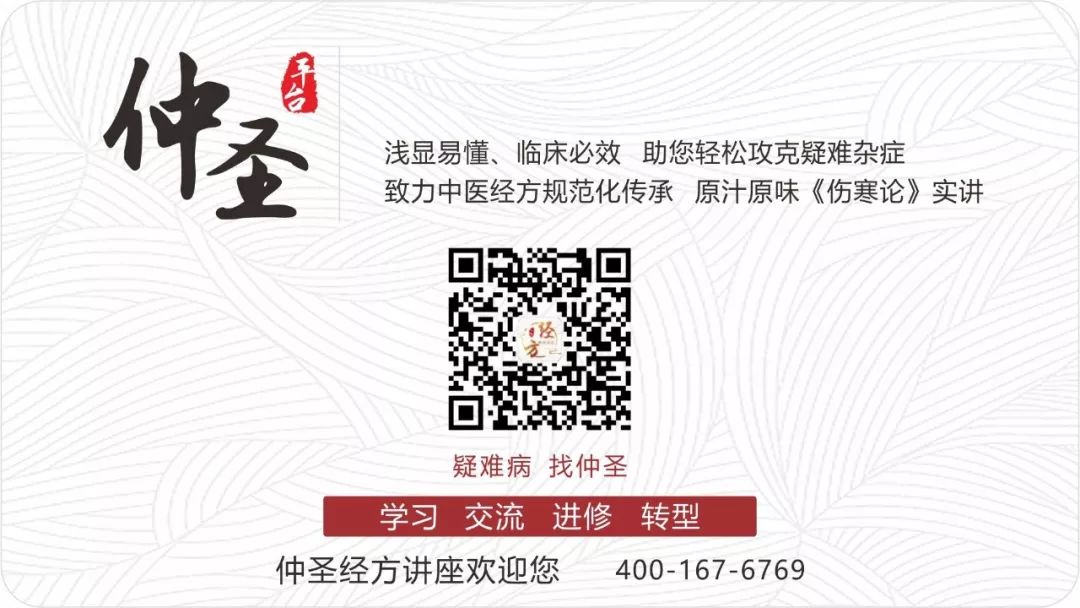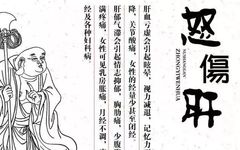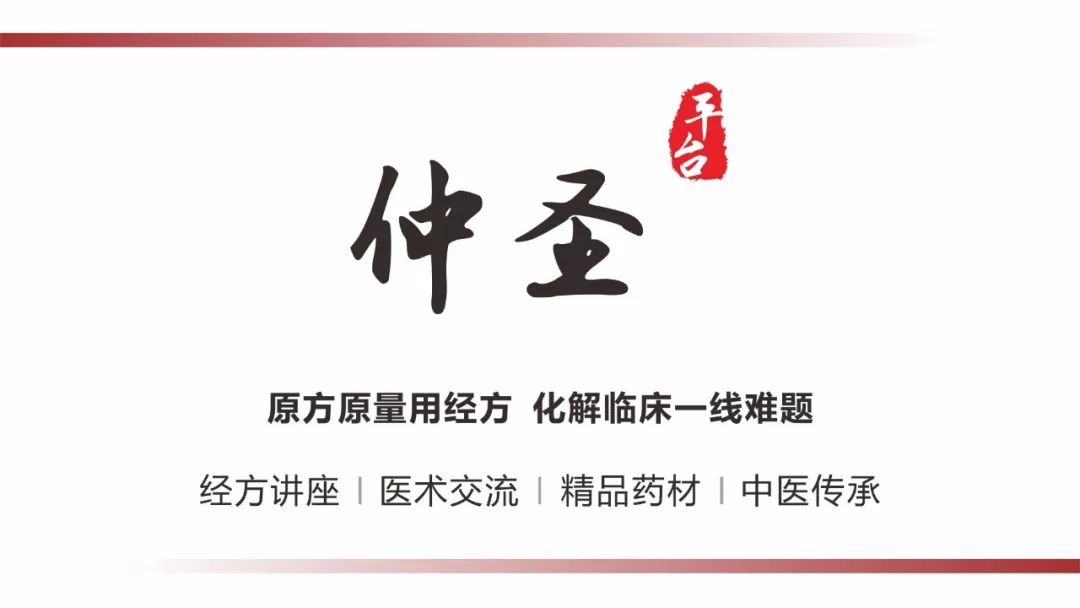
In the process of recognizing the surrounding world or interacting with others, individuals inevitably experience corresponding emotions, which in Traditional Chinese Medicine (TCM) are referred to as the Seven Emotions: 喜 (xi) – Joy, 怒 (nù) – Anger, 忧 (yōu) – Worry, 思 (sī) – Thought, 悲 (bēi) – Sadness, 恐 (kǒng) – Fear, 惊 (jīng) – Shock. Under normal circumstances, variations in these emotions have little impact on health and do not cause significant disease. However, excessive emotional responses due to internal or external stimuli can lead to various illnesses.
Firstly, excessive emotions can damage the corresponding organs:
Heart corresponds to joy; excessive joy can harm the heart;
Liver corresponds to anger; excessive anger can harm the liver;
Spleen corresponds to thought; excessive thinking can harm the spleen;
Lung corresponds to sadness and worry; excessive sadness or worry can harm the lungs;
Kidney corresponds to fear; excessive fear can harm the kidneys.
1. Anger Causes Qi to Ascend, Anger Harms the Liver
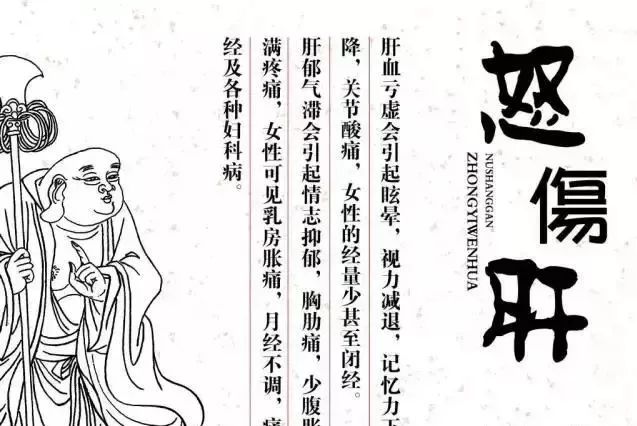
Severe anger often causes liver Qi to rebel upwards, and in extreme cases, blood may follow the Qi upwards. Clinically, this is primarily manifested as: headache, facial redness, irritability, and anger; if blood follows Qi upwards, it may result in vomiting blood, and in severe cases, fainting or collapse; if liver Qi rebels and invades the spleen, abdominal pain and diarrhea may also be present.
2. Joy Causes Qi to Relax, Joy Harms the Heart
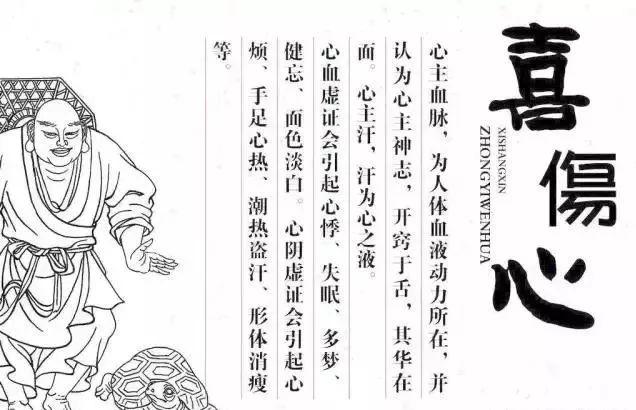
Excessive joy can scatter the heart Qi or disturb the spirit. Mild cases may present with palpitations, insomnia, shortness of breath, and lack of concentration; severe cases may lead to mental disturbances, mania, or symptoms such as sudden sweating, weak breath, and faint pulse.
3. Thought Causes Qi to Stagnate, Thought Harms the Spleen
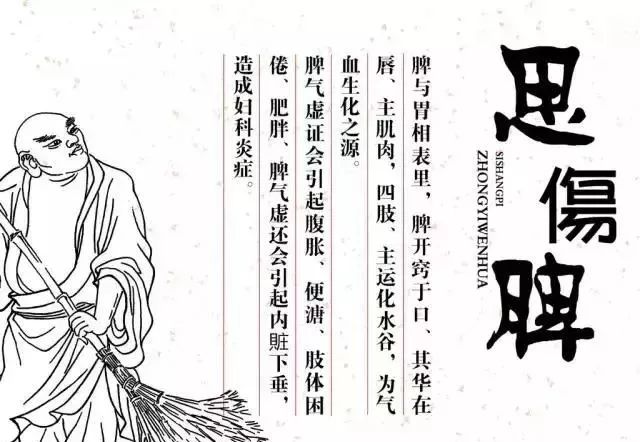
Excessive thinking leads to stagnation of heart and spleen Qi, resulting in impaired transformation and transportation. Clinically, symptoms may include palpitations, insomnia, vivid dreams, mental fatigue, lack of energy, reduced appetite, abdominal distension, and loose stools.
4. Fear Causes Qi to Descend, Fear Harms the Kidneys
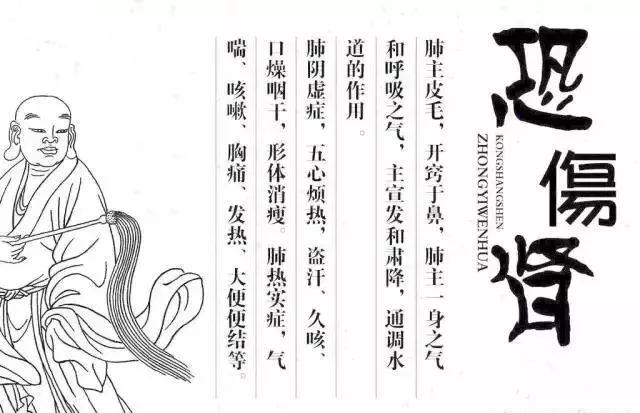
Excessive fear can cause kidney Qi to become unstable, leading to Qi sinking downwards. Clinically, symptoms may include incontinence, nocturnal emissions, and bone atrophy.
5. Sadness (Worry) Causes Qi to Deplete, Sadness Harms the Lungs
Excessive sadness or worry can deplete lung Qi or disrupt its dispersal and descending functions. Clinically, common symptoms include low spirits, lack of energy, shortness of breath, chest tightness, and fatigue.
6. Shock Causes Qi to Disrupt
Sudden shock can lead to instability of the heart spirit and disrupt the flow of Qi. Clinically, symptoms may include palpitations, anxiety, and in severe cases, mental confusion.
Moreover, multiple emotions intertwined can easily harm the heart, liver, and spleen: since the heart, liver, and spleen play crucial roles in physiological and emotional activities, emotional injuries are most likely to damage these three organs.
Additionally, excessive emotions can easily damage the organs affected by latent diseases: latent diseases refer to conditions that exist but do not present obvious clinical symptoms. The organs affected by latent diseases are those where these conditions reside. Due to the deficiency of righteous Qi in these organs, they are more susceptible to emotional injuries, making it easier for excessive emotions to trigger or exacerbate latent diseases. For example, patients with a history of chest obstruction, diarrhea, or headaches are more likely to experience a recurrence of latent diseases when faced with emotional stimuli.
Emotions are closely related to our physical health; abnormal emotions can lead to physical illnesses, and conversely, physical issues can also affect our emotional state. Therefore, it is essential to maintain an optimistic outlook and adjust our emotions to their best state daily, as this will naturally keep diseases at bay.
 Previous Highlights
Previous Highlights
Dr. Liu Jianhong from Hebei: Uterine fibroids may not require surgery; TCM formulas can help you avoid danger.
Asthma – the pain of not being able to breathe; TCM formulas can work wonders!
Dr. Han Zhibin from Shanxi: Guizhi Jia Fuzheng Decoction for treating endometrial thickening.
